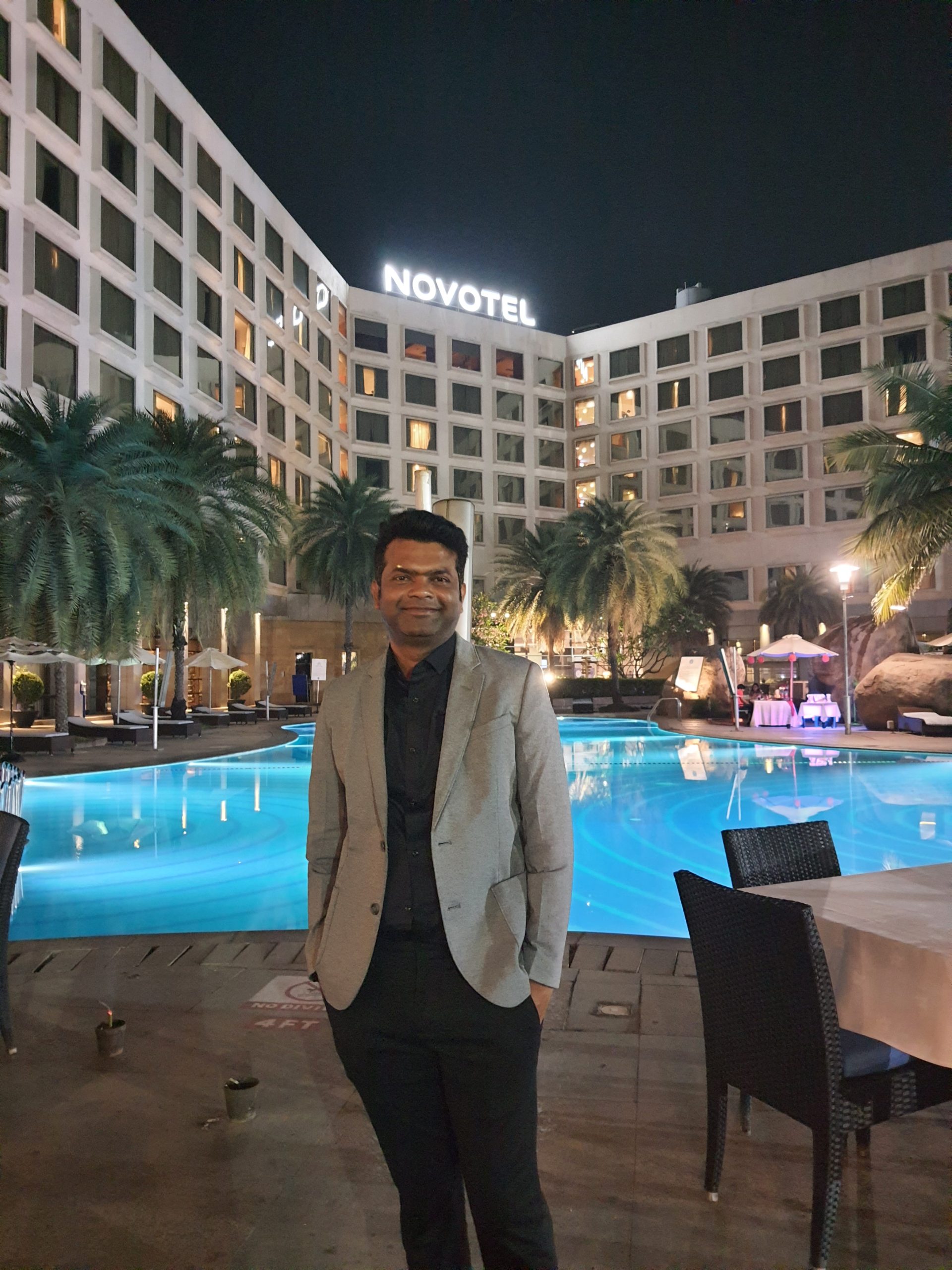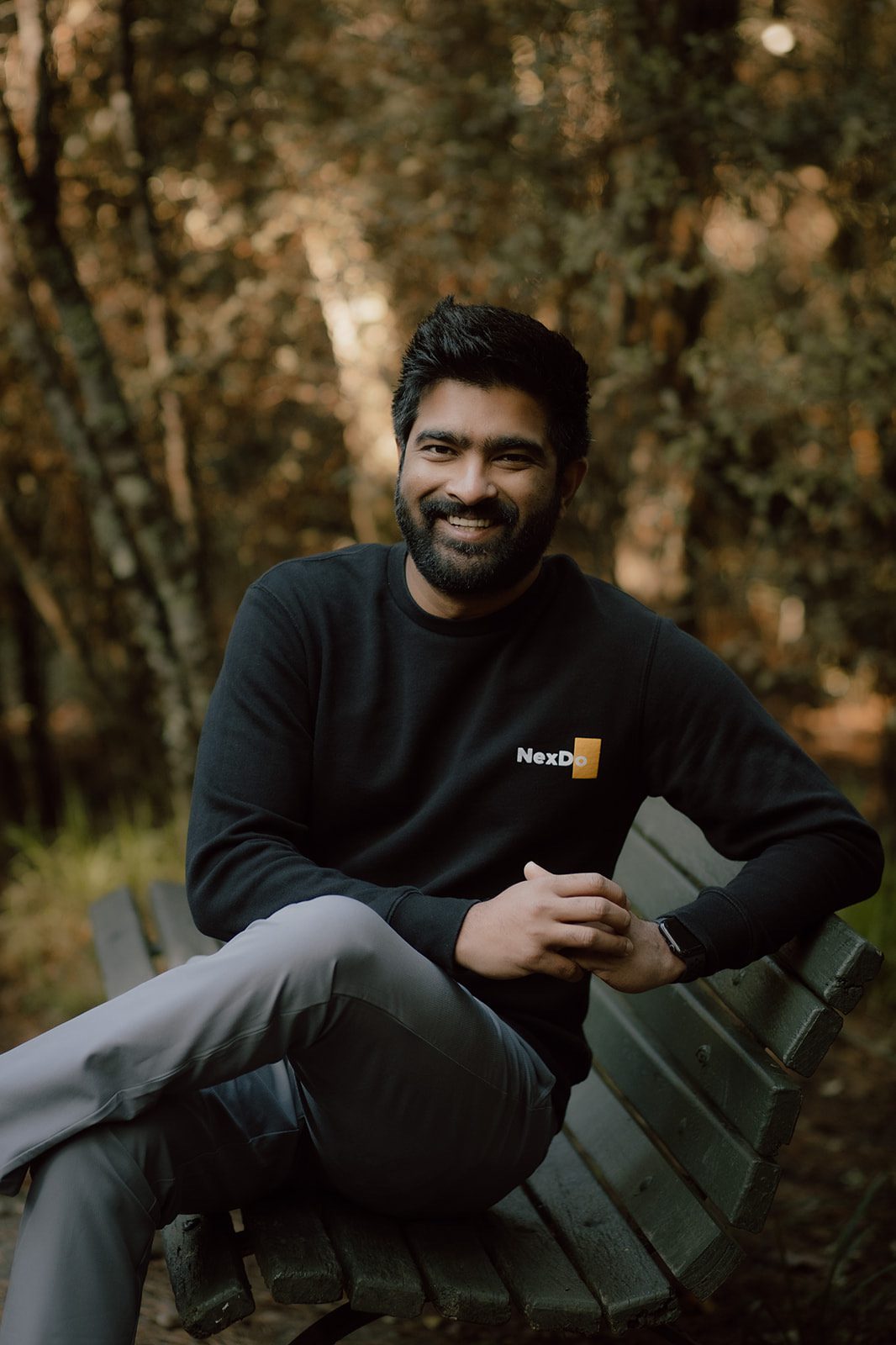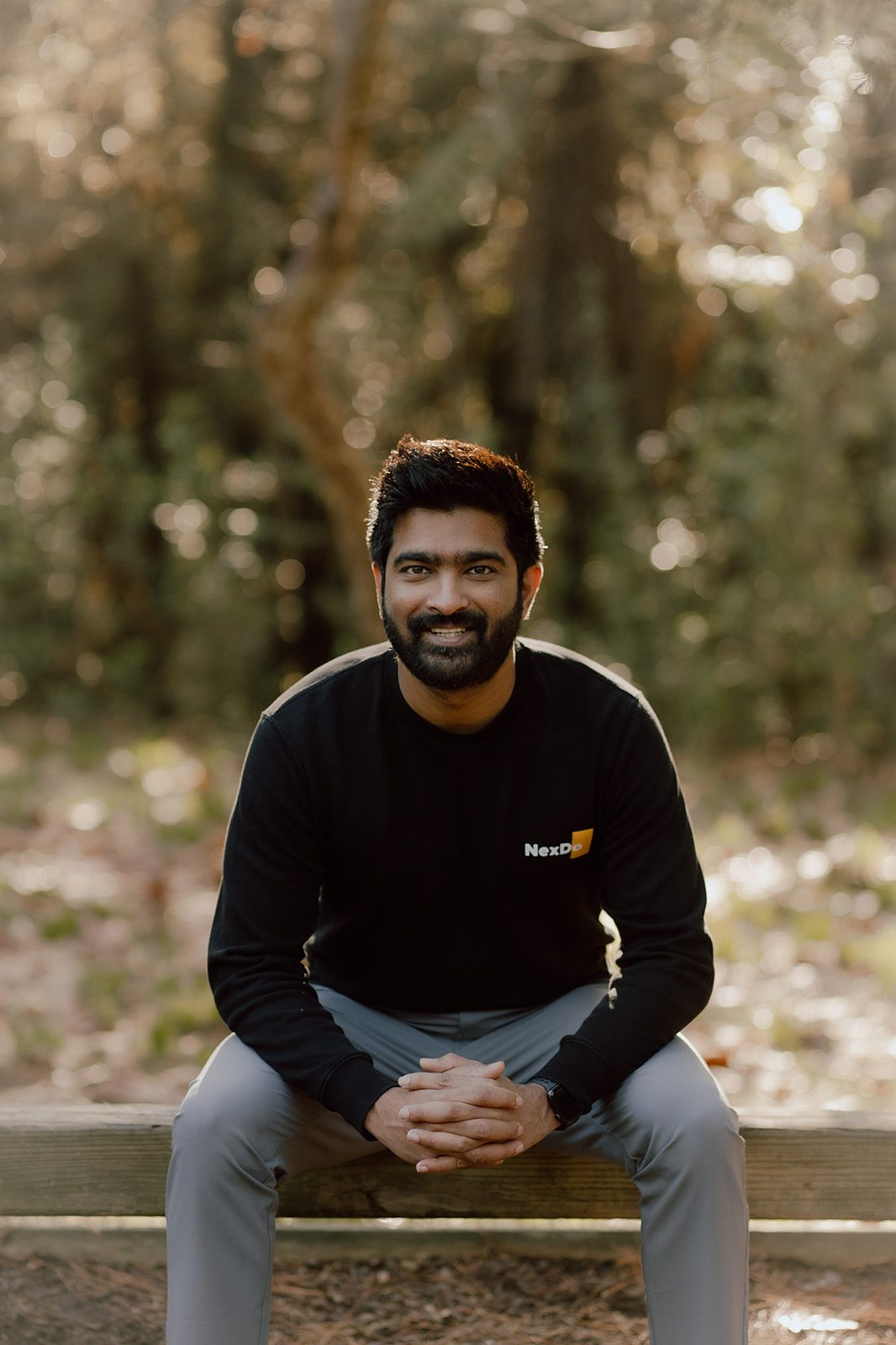(October 29, 2022) Puzzles can be deceptively simple, if you know how to approach them. Techpreneur Sagar Honnungar, the co-founder of Hakimo has what it takes to solve even the most complex ones. In school, Sagar Honnungar loved solving puzzles. That childhood hobby continued to inspire him, even his work today could be described as solving a mountain of puzzles, as he and his team go about securing big enterprises, including airports and multinational companies. Hakimo, where Sagar is both co-founder and CTO, is a California-based company that acts as an AI assistant for GSOC (Global Security Operations Centre) operators in big enterprises by eliminating most nuisance alarms and enabling them to prioritise high severity alerts using cutting-edge AI solutions.
“This significantly reduces the chances of a real break-in going unnoticed by security operators in the midst of false alarms,” explains Sagar, in conversation with Global Indian. The company’s product won the Judges Choice award across all categories in the New Products Showcase at ISC West conference this year — a proud moment for the Hakimo team.
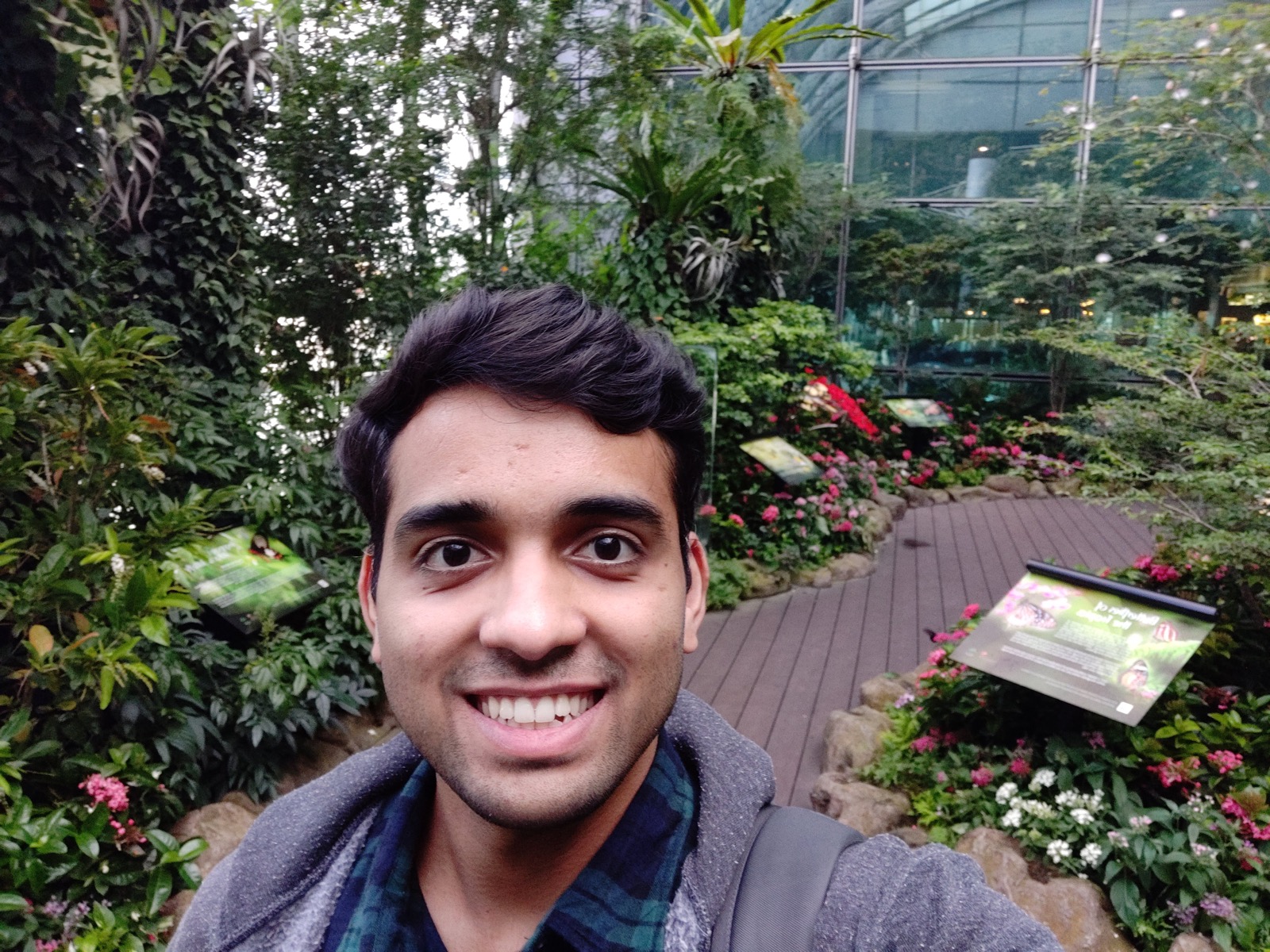
Sagar Honnungar, co-founder of Hakimo
Growing up in Bengaluru, the garden city and Silicon Valley of India, Sagar did his schooling until Class X at S. Cadambi Vidya Kendra, and then went to National Public School Rajajinagar until Class XII. “I had always been the class topper and was taught to aim high in life,” recalls Sagar, who was strong in science and mathematics. His father Kashinath Honnungar was an electronics engineer (now retired), mother Sanjivani Honnungar is a home-maker.
As a child, he wanted to be an astronaut, for he was fascinated by the vast expanse of the sky and space. But when he was first taught Java in high school, Sagar discovered he was that quite good at programming and fell in love with it.
The cream of the crop
Having performed well in the IIT-JEE examination, Sagar went to IIT Madras for his undergraduate studies. “I learnt to adjust to new environments and live independently. The peer group was undoubtedly the best,” smiles Sagar, who maintained a stellar academic record.
He first visited the US in the summer of 2015 as a Viterbi-India scholar to complete a research internship at USC (University of Southern California). Towards the final year of his undergrad, the techpreneur developed an interest in computer vision and computational imaging. He completed his B Tech in Electrical Engineering in 2016 and ranked second in the entire department.
The Stanford experience
Sagar returned to the US a year later and this time, for a Master’s degree in Electrical Engineering from Stanford University. For this, he received the JN Tata Endowment Scholarship. Sagar describes the Graduate school at Stanford as an intense and enriching experience. “Since it has a quarter-based system as opposed to a semester system, it felt quite fast-paced compared to my undergrad. I soaked up all that I could during my two years there and did a number of research projects in the field of machine learning,” explains Sagar, who graduated in 2018.
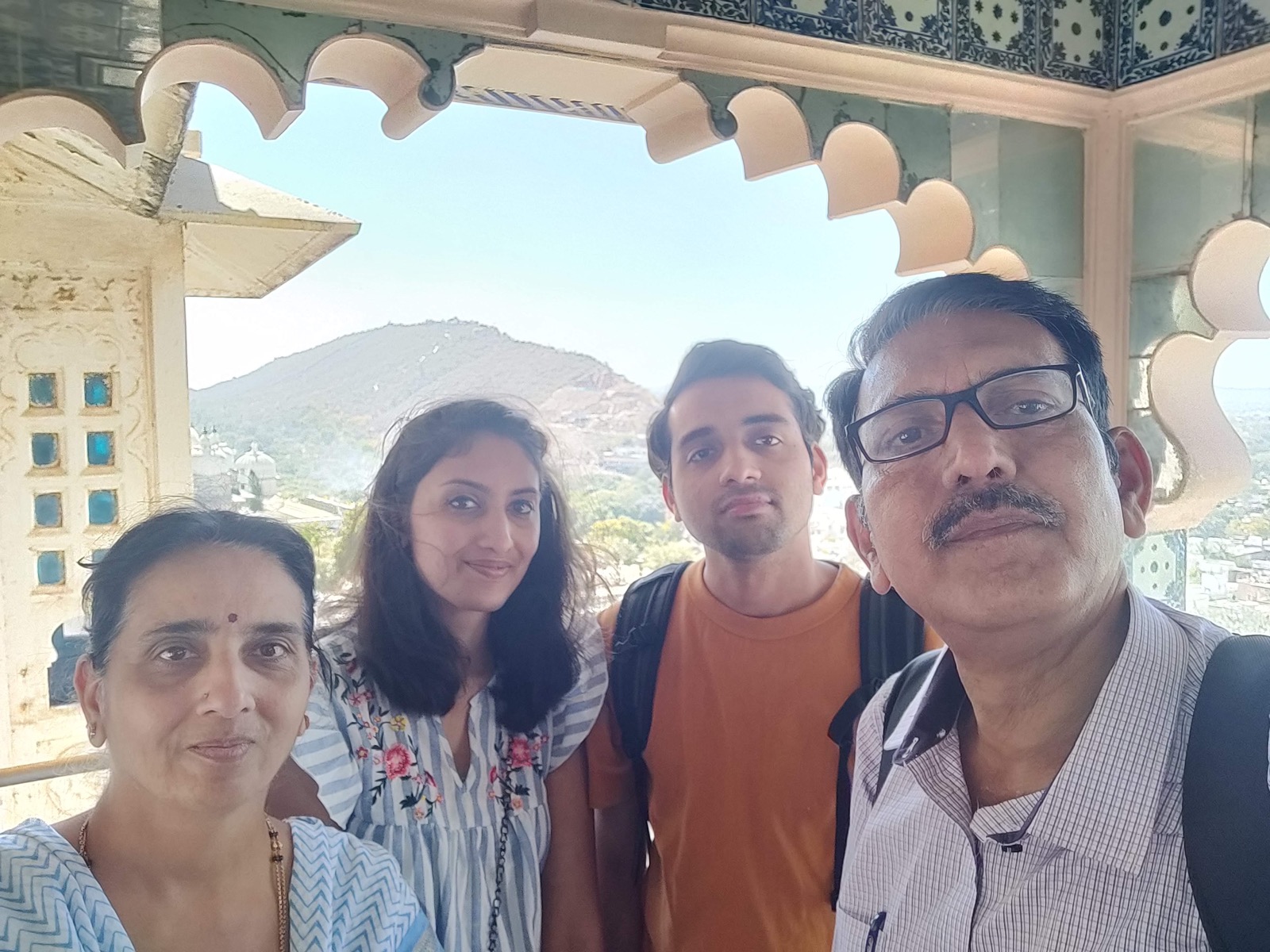
The Honnungar family
He considers himself lucky to have worked with renowned experts like Prof. Srijan Kumar and Prof. Jure Leskovec on identifying malicious users based on their activity in websites like Wikipedia, and understanding and predicting entity-set interactions in different kinds of networks.
The IT guy
The Stanford alumni’s first job after college was at a fast-growing startup called Rubrik, which was right next to Stanford, where he worked from 2018 to 2020 as a software engineer. “I built Rubrik’s first cloud native data management product for O365 protection on a SaaS platform, designed with a unique enterprise architecture,” informs Sagar, who was also an integral part of the design and implementation of the storage layer which managed the entire lifecycle of data stored on the platform. Two patents were filed based on his work at Rubrik.
Entrepreneurship in Silicon Valley
As he was thinking about and researching different startup ideas at the beginning of 2020, Sagar met with his friend, Samuel Joseph, who was also looking to work on something new. Together, they founded Hakimo in California, now a 15-person company that has disrupted the physical security industry like no other.
The Hakimo team noticed a few major trends. For example, the number of cameras being deployed was increasing exponentially and they were mostly for physical security use cases. The cost of cameras was coming down rapidly, and computer vision and deep learning techniques were advancing fast, opening up possibilities for new innovative products.
“With these trends in mind, we spoke to a number of security professionals to understand their pain points,” he says. Two major problems came up repeatedly — false alarms from access control systems and tailgating incidents. He and his team analysed the reasons and came up with solutions.
Building a prototype and a successful launch
Sagar built the initial prototype of the algorithm and tested it out on a few sample alarm videos from a couple of interested customers. “They were highly impressed at what Hakimo’s AI algorithms were able to achieve,” says Sagar, whose elder sister, Shruti works as a software engineer in the US.
They swiftly decided to raise VC funding to take it to the next level. “We raised a $4M seed round in Oct 2020 with Neotribe Ventures as our lead investor with participation from Defy Ventures and Firebolt Ventures and some angels. We have now grown to a team of 15 split between the US and India,” informs Sagar.

One of the logistical challenges he faced was understanding and navigating the visa requirements and constraints when founding a company in the US since Sagar was an Indian citizen. “In the early days, we encountered a lot of challenges which are common among most startups. Hiring a good initial team is very important but also hard since the candidate has to trust the vision of the company and take a big leap of faith without concrete signals of growth or success,” he explains.
How do tailgating detection and false alarms filter work?
Hakimo’s software is layered on top of and integrates with the existing access control system (which manages the badge readers and door sensors) and the video management system or cameras. It ingests alarms from the access control system and for every alarm, fetches the corresponding video from the camera facing the door or alarm point. The AI engine then analyses the video using state-of-the-art machine learning and computer vision techniques to provide a severity score for the alarm and resolves it automatically if it is found to be a false positive.
“Our product can eliminate more than 80% of such nuisance alarms, of which some common ones are Door Forced Open (DFO) and Door Held Open (DHO). We can identify tailgating by correlating the badge reads from the access control system with the number of people entering through the door in the video for that time window,” he explains.
Rooted in tech skills
A strong technical background forms the core of the Hakimo team, with multiple employees from reputed colleges like IITs and Stanford. Each team member has deep expertise in computer vision, artificial intelligence, cloud computing and design of robust, scalable and reliable software systems.
Roughly half of Sagar’s workday is spent on managing, coordinating, guiding and unblocking the team on ongoing projects. Then, it’s time for talking to customers, identifying avenues for improvement and product expansion and thinking about the company’s vision and roadmap. “The remainder of my day goes into coding and contributing to product development. I also actively engage in hiring activities for team leaders across different departments as well as engineers in the company,” says Sagar.
Expansion to India
The California-based company already has an R&D centre in India and currently employs around eight people with plans to expand over the next few months. But currently they are selling only in the US market. “Once we reach certain milestones in the US market, we will be looking to expand and get some clients in India as well,” informs Sagar, whose way of giving back is by creating more jobs back home.
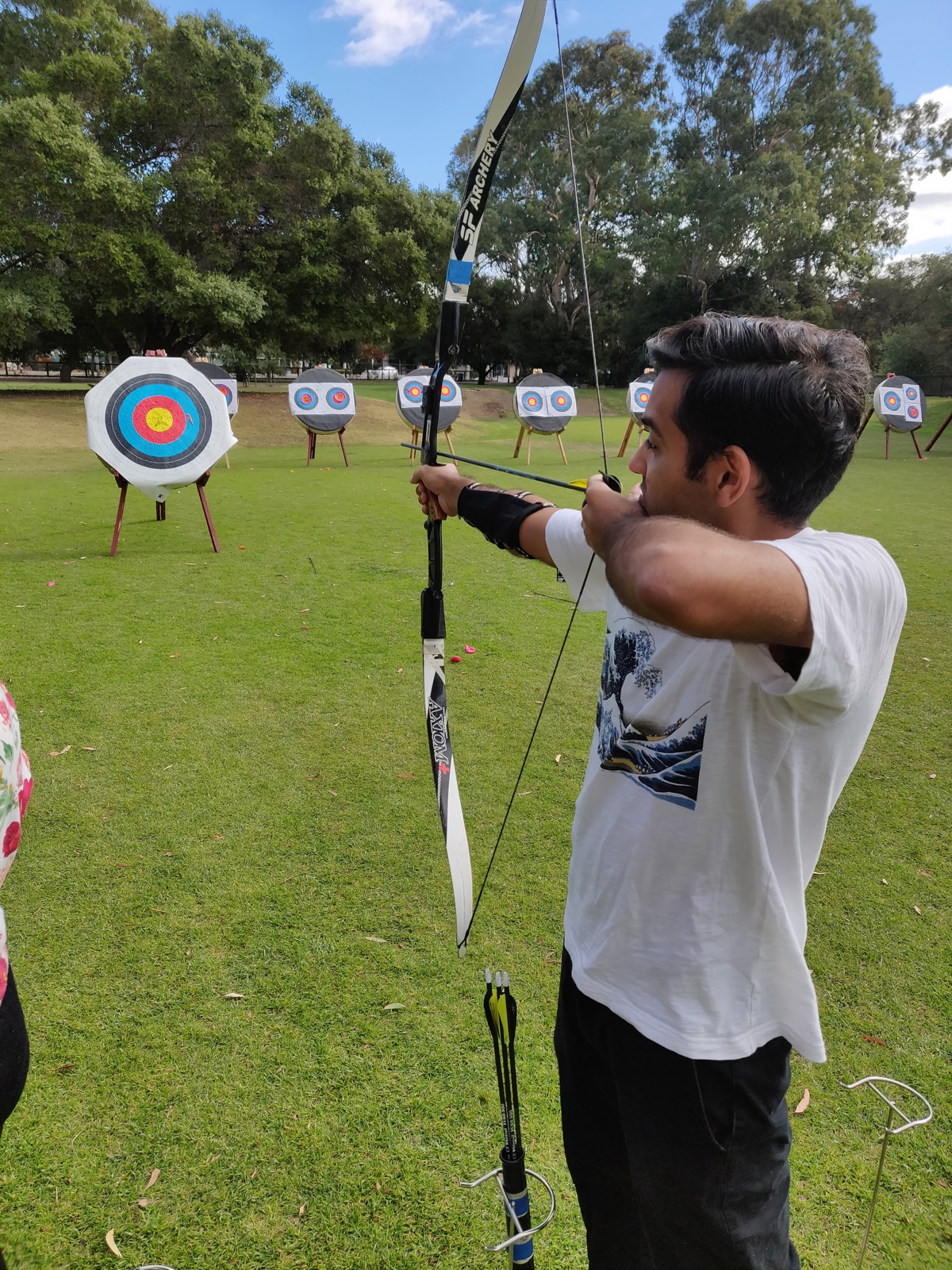
When not working, Sagar loves to explore the outdoors and going on hikes in the sunny California weather. Otherwise, one can spot him playing tennis or the piano to unwind during his free time. “I also find solving different sorts of puzzles like sudoku and crosswords very exciting,” smiles the Hakimo co-founder, who is currently reading Masters of Doom, the story of two legendary game programmers Carmack and Romero.
- Follow Sagar Honnungar on Linkedin

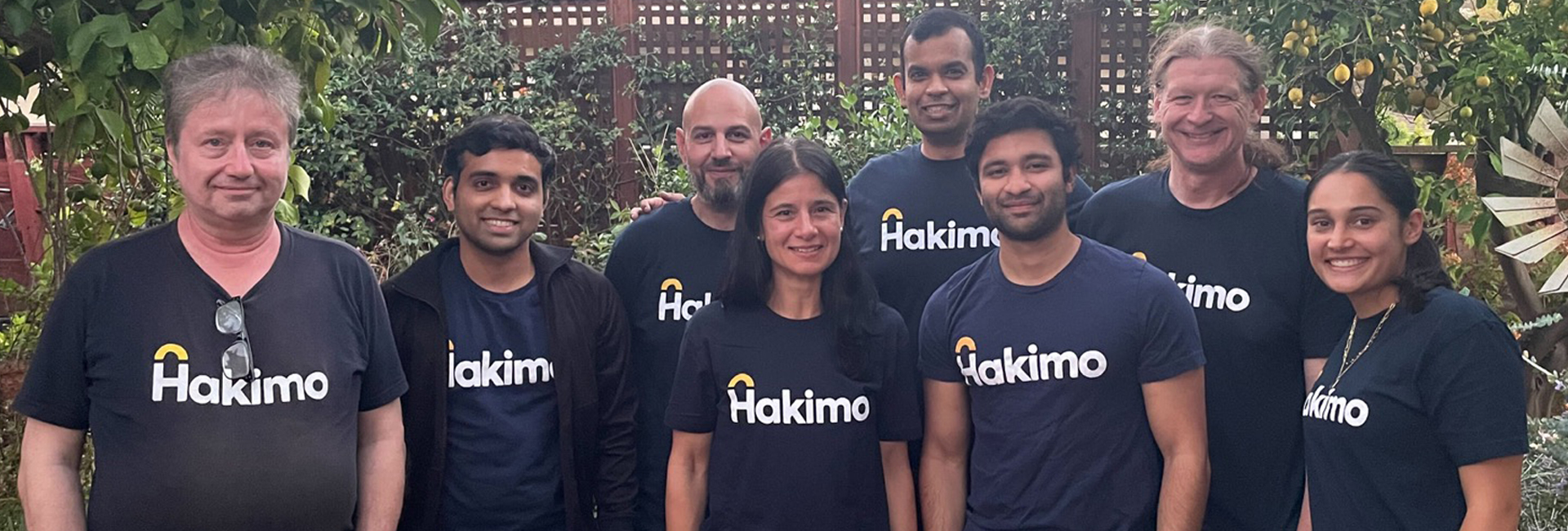
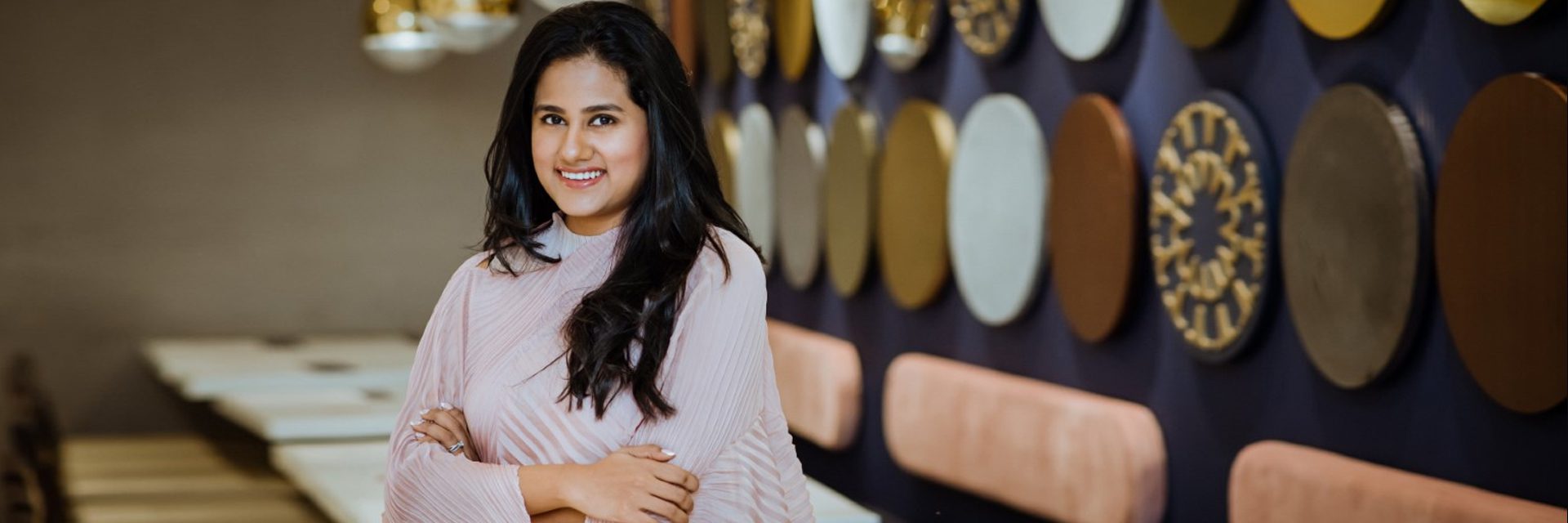
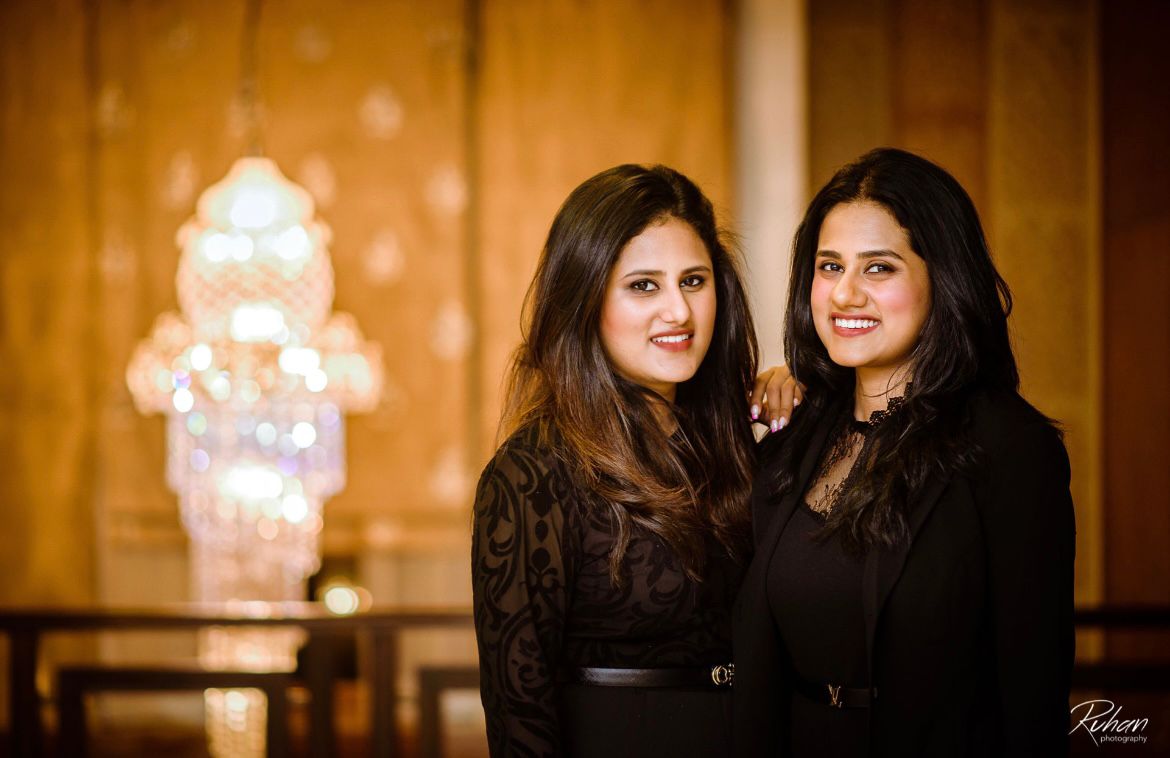 Ramya Ravi with her sister Shweta[/caption]
Ramya Ravi with her sister Shweta[/caption]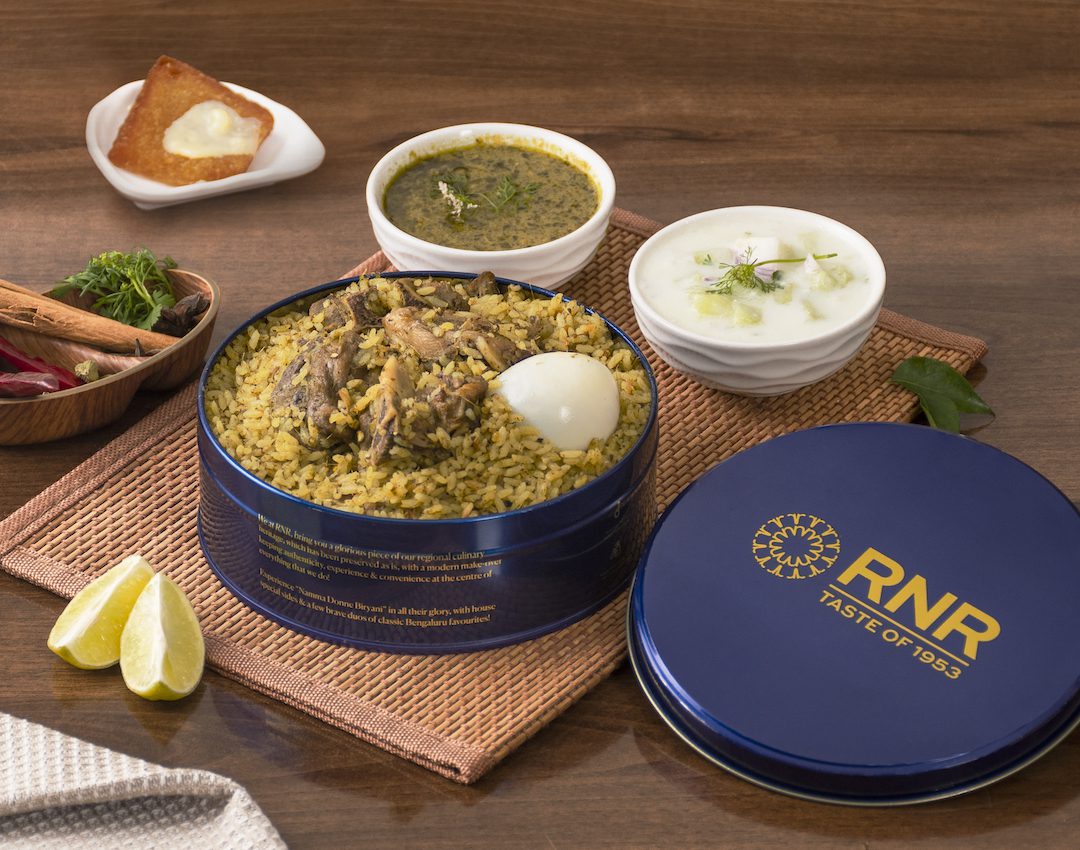

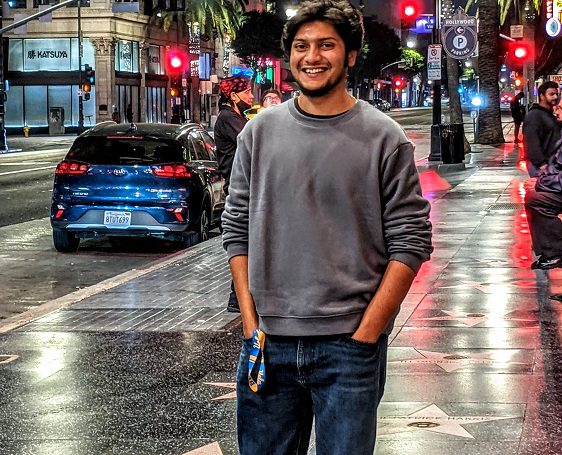
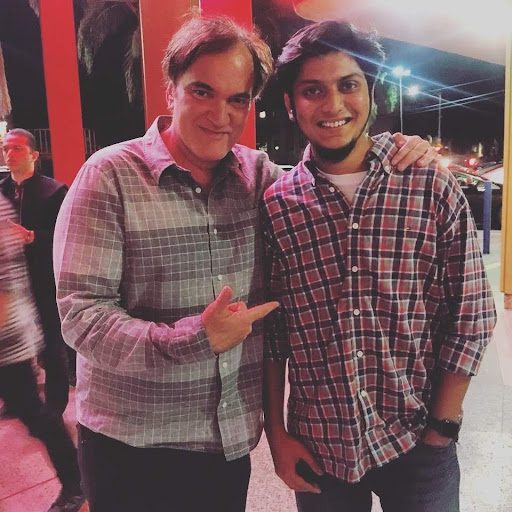 Shreyas Ayaluri with Quentin Tarantino[/caption]
Shreyas Ayaluri with Quentin Tarantino[/caption]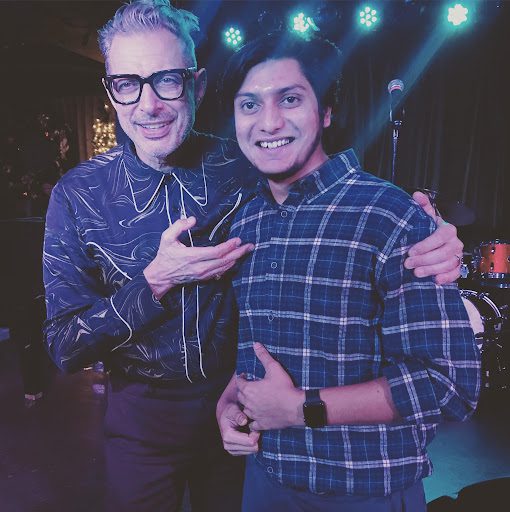 Shreyas Ayaluri with Jeff Goldblum[/caption]
Shreyas Ayaluri with Jeff Goldblum[/caption]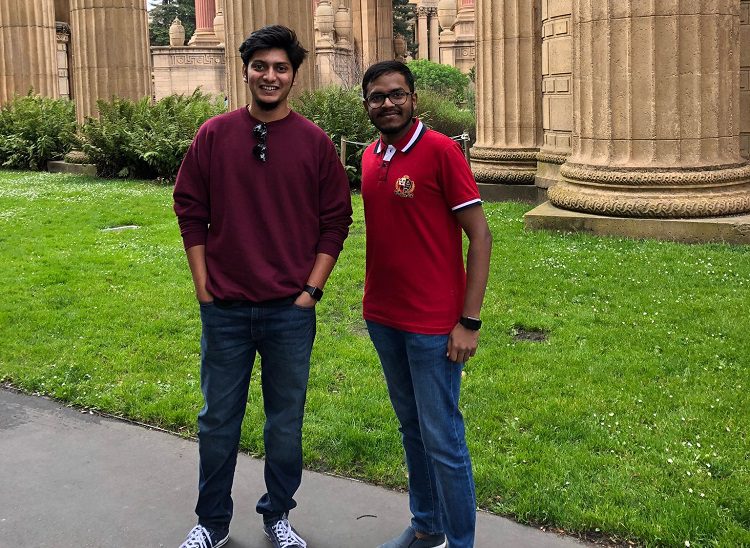 Shreyas with a friend[/caption]
Shreyas with a friend[/caption]
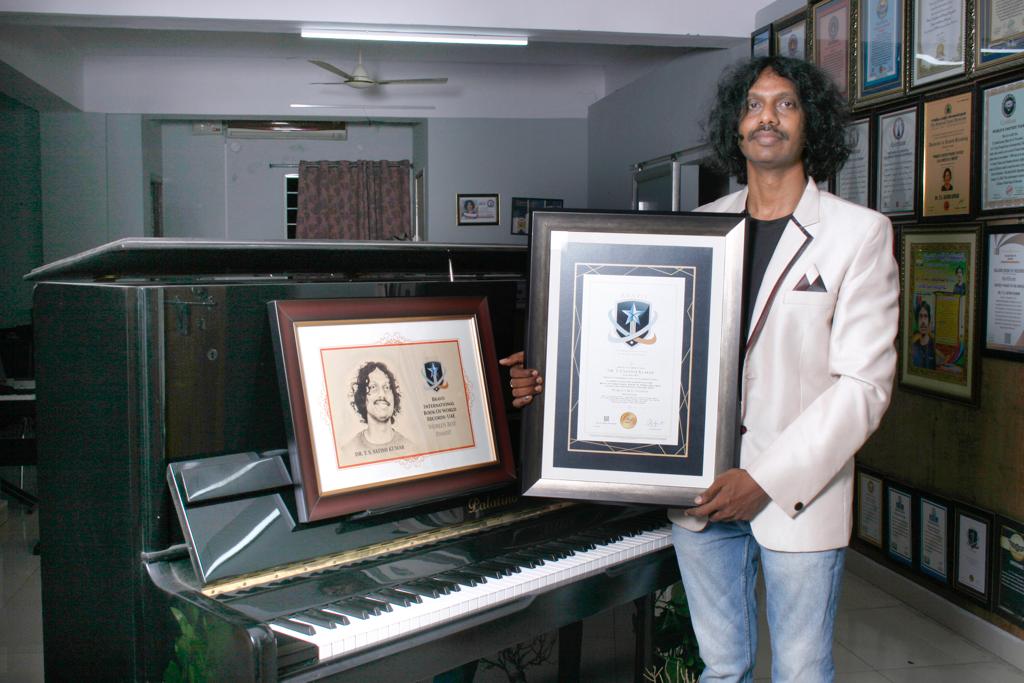

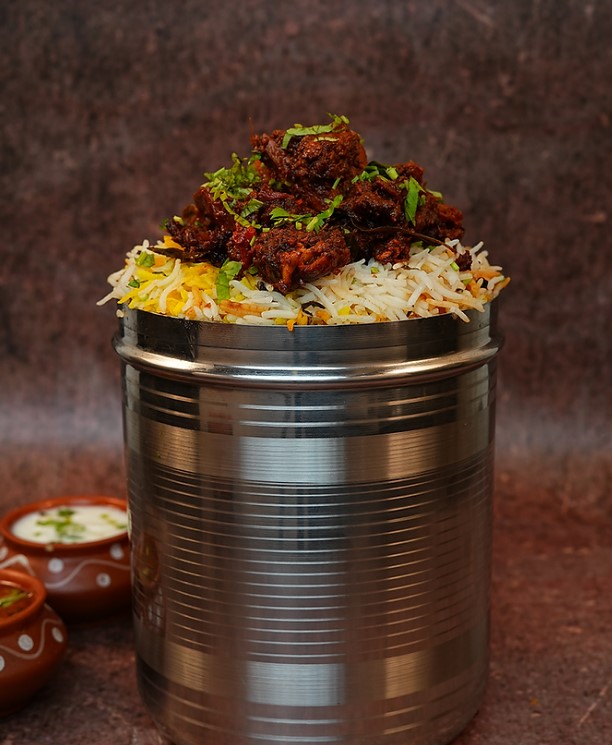 Neos Biryani.[/caption]
Neos Biryani.[/caption]